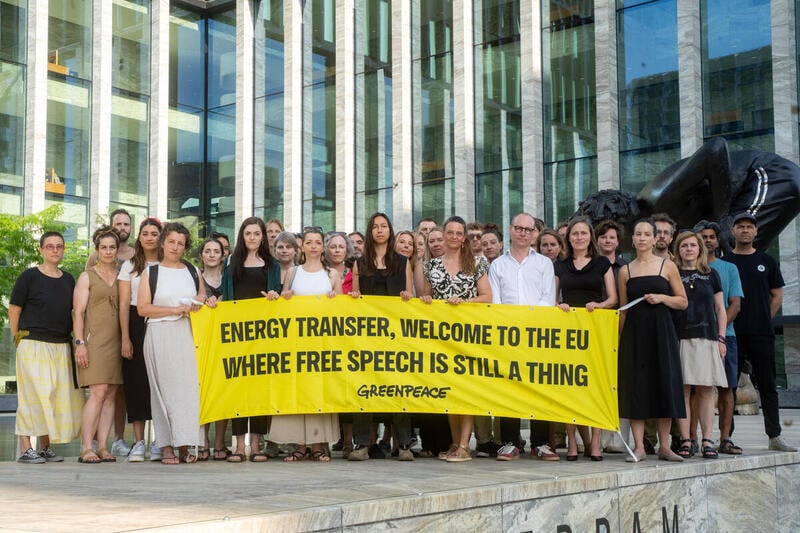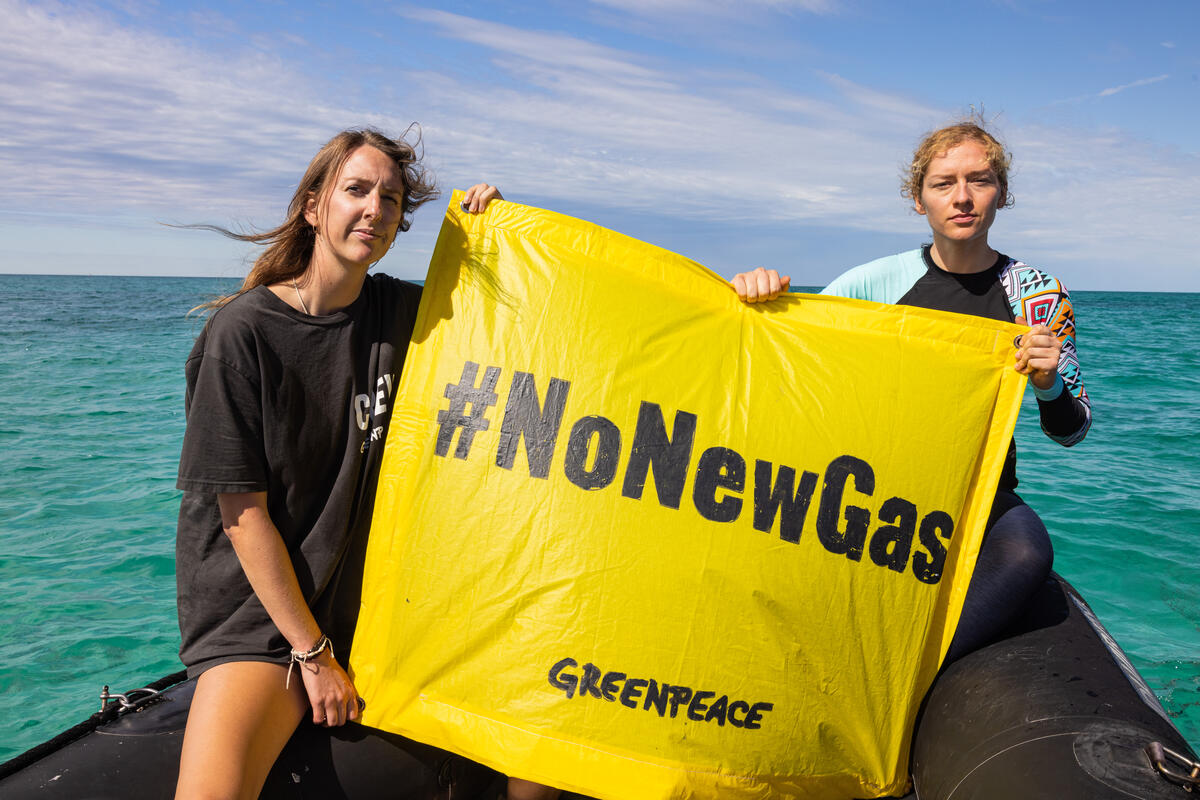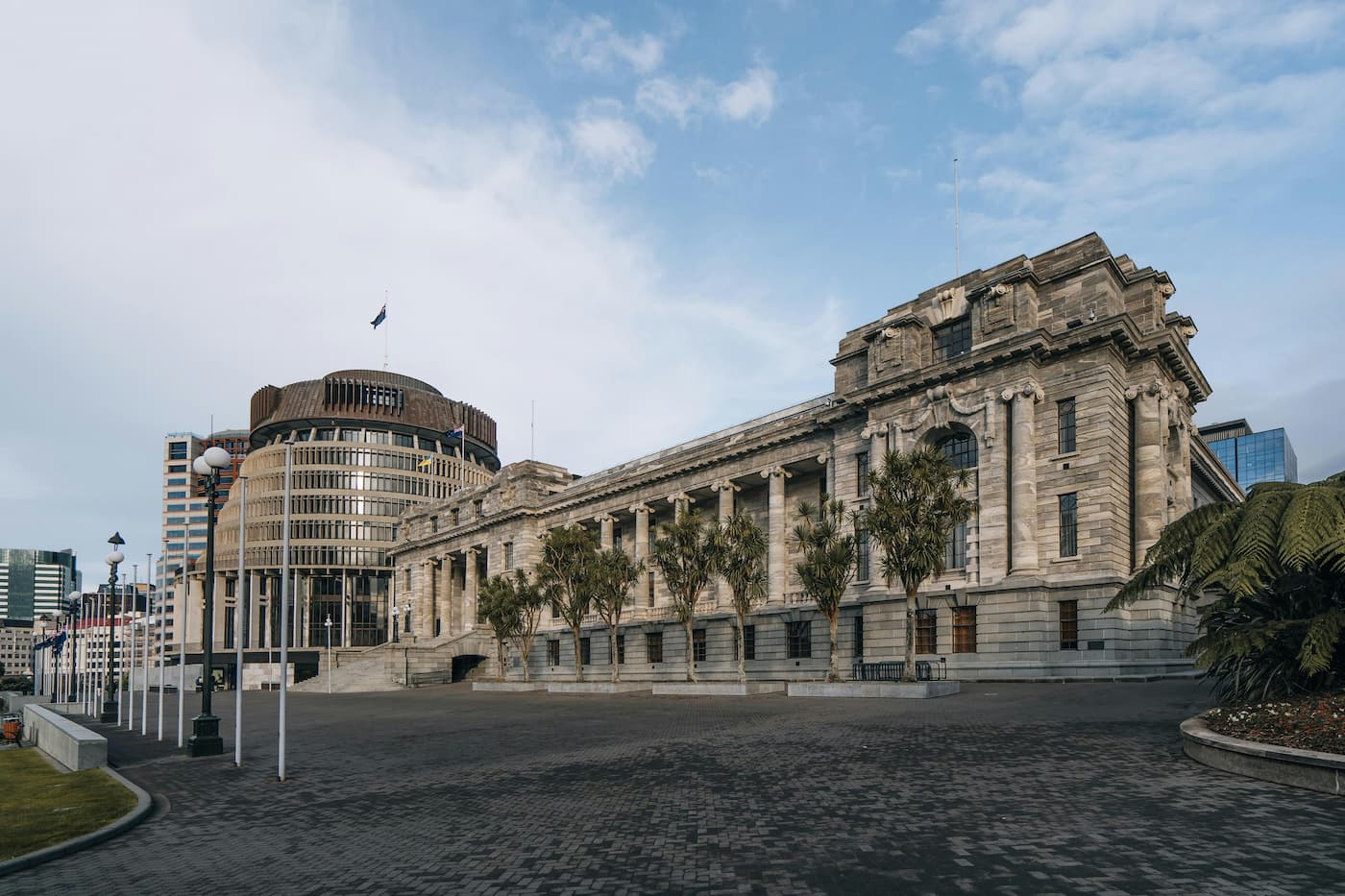Offshore oil and gas exploration could soon return to Aotearoa, thanks to Christopher Luxon’s new Government. If you’re wondering what that means – or what the problem with fossil fuel exploration is – then don’t worry. We’ve got you covered!
Here’s everything you need to know about the new Government’s plan to restart oil and gas exploration in New Zealand.
What are fossil fuels?
In short, fossil fuels are oil, gas and coal.
Fossil fuels are the remains of ancient organic matter. Over millions of years, these organic materials have been buried under layers of soil and rock and exposed to immense pressure and heat from the Earth. This has transformed them into coal, oil and gas.
Fossil fuels have been used to power global energy demand since the industrial revolution, but they emit pollutants, contributing to climate change, air pollution and environmental harm. The negative impacts of fossil fuels have spurred a shift toward renewable energy sources like solar and wind power.
Why is oil and gas exploration bad?
Oil and gas exploration is the process of searching for oil and gas reserves. This process takes different forms and can have several negative impacts on the environment, including disruption of marine habitats and risks of oil spills.
Habitat Disruption
Offshore oil and gas exploration uses seismic blasting, which can be very disruptive for marine wildlife. It involves using powerful airguns or other devices that produce intense sound waves to create a picture of the geological formations under the seabed. Scientists liken seismic blasting to a nail gun going off in your kitchen every 10 seconds, 24 hours a day, for months on end.
Risk of Accidents
Deep sea oil exploration is the riskiest phase of new oil development. The 2010 Deepwater Horizon oil spill in the Gulf of Mexico happened during an exploratory drill. A blowout at the well caused an explosion, leading to the platform’s sinking and the release of millions of barrels of oil. The spill contaminated marine habitats, harming wildlife, fisheries, and coastal communities. It was one of the largest environmental disasters in history, impacting ecosystems, local economies, and human health.
Closer to home, the Rena oil spill is a very real example of the harm that an oil spill could cause to New Zealand’s marine environment.
In 2011, the Rena oil spill in Tauranga devastated marine ecosystems, leaving penguins coated in oil and gannets dead on beaches. The oil spill clean up was a massive effort by local communities in Tauranga, as well as national authorities, and it took a long time.
The 2011 Rena oil spill occurred when the ship MV Rena, carrying oil, became grounded on the reef outside of Tauranga. But an oil spill from exploratory deep sea drill would be many magnitudes worse– the amount of oil spilled into the ocean would be increased, and it would be much harder to stop.
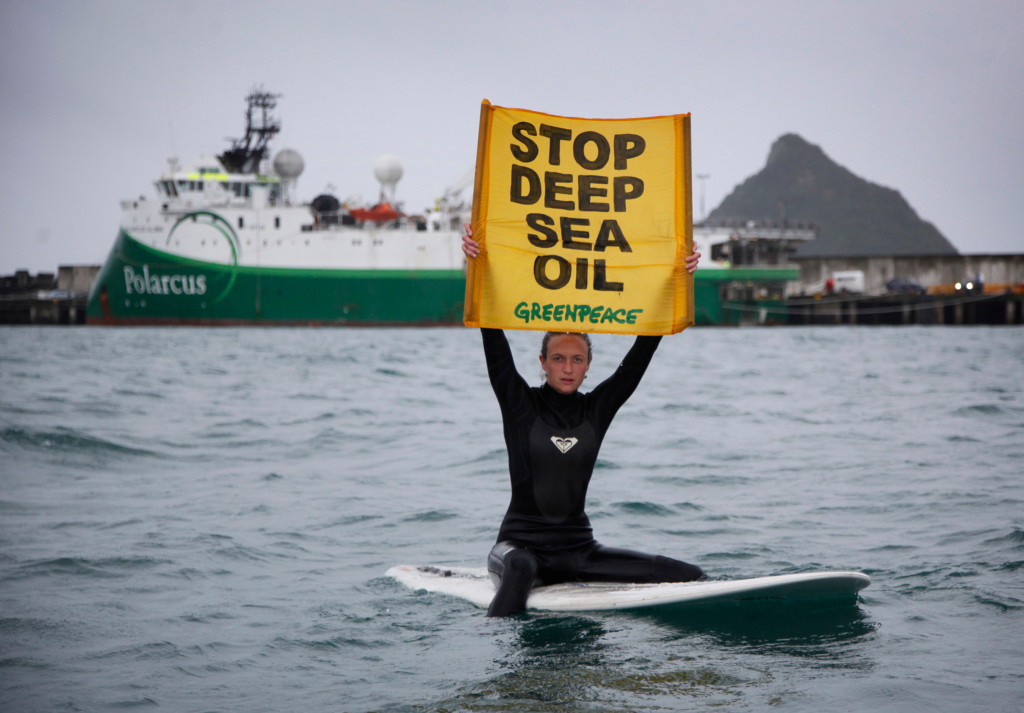
How can I take action to stop oil and gas exploration?
Join the resistance! Sign onto our open letter to the oil and gas industry today. Let them know that we will never allow offshore oil and gas exploration to return to Aotearoa.
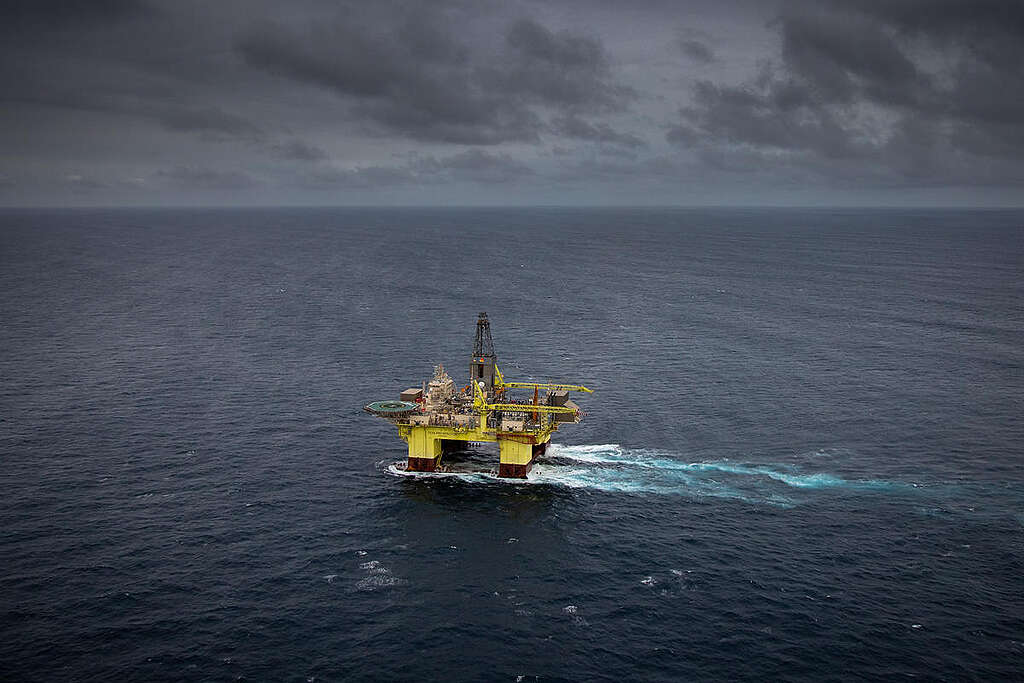
Sign the open letter to the oil industry – We will resist oil exploration
Sign onHow do fossil fuels cause climate change?
When we burn coal, oil, and gas for energy, they release carbon dioxide (CO2) and other greenhouse gases into the atmosphere. These gases act like a blanket around the Earth, trapping heat and making our planet warmer.
This causes big changes in the weather, like stronger storms and hotter temperatures. It melts ice and makes sea levels rise. Burning fossil fuels like oil, gas, and coal is a major driver of climate change, alongside the meat and dairy industry.
We must urgently replace these outdated, dirty fuels with clean energy like solar, wind, and electric transport.
What’s the difference between oil exploration and extraction?
Oil exploration and extraction are different phases of obtaining oil from underground reserves.
Oil Exploration
This phase involves searching for potential oil reserves. It includes various methods to identify areas likely to contain oil deposits, such as seismic surveys and drilling test wells. The goal of exploration is to find where oil might be located. Once a site is found, the process moves to extraction.
Oil Extraction
After a potential oil reserve is identified through exploration, extraction or production begins. This phase involves drilling wells into the identified oil reservoirs to access and bring the oil to the surface.
But doesn’t the oil and gas industry create jobs?
Clean energy can provide thousands of jobs and a big boost to the economy. It produces more jobs per dollar of investment than the fossil fuel industry. The renewable energy transition is creating a green jobs boom all around the world.
Creating enough clean energy to power New Zealand opens up enormous job opportunities. We need a huge workforce to construct new wind turbines and transmission wires. We need installers to fit solar panels, battery packs, and efficient heaters in homes. More workers will be needed to upgrade our homes and businesses to be smarter, warmer, and more energy efficient.
Solar and energy efficiency jobs – which by their nature are local jobs – have potential in every town and city. These roles will be required over several decades, creating job security for a new generation of clean energy workers.
What’s the alternative to new oil and gas in New Zealand?
We already have all the technology we need to power our society on clean energy.
What’s needed is the political will to reduce energy demand. This can be done through more efficient appliances, vehicles and buildings – as well as a large-scale rollout of wind, solar, electrified transport and more clean energy technologies.
The International Energy Agency forecasts that by 2030:
- There will be 10 times as many electric cars on the road worldwide;
- Solar will generate more electricity than the entire US power system does currently;
- Renewables will make up nearly half of the global electricity mix;
- Heat pumps and other electric heating systems will outsell fossil fuel boilers globally;
- Three times as much investment will go into new offshore wind projects than into new coal- and gas-fired power plants.
What does oil and gas exploration do to marine life?
Oil and gas exploration, particularly the technique of seismic blasting used to find oil reserves under the ocean, can significantly impact marine wildlife.
The loud, repetitive sound waves can disorient and disturb whales, dolphins, fish, and other sea creatures that rely on sound. Marine mammals like whales and dolphins depend heavily on their sense of hearing for communication and finding food. The intense noise from seismic blasting can cause hearing damage, affecting their ability to navigate, communicate, and find food.
Renowned marine ecologist Dr Leigh Torres has released underwater recordings taken from the South Taranaki Bight that capture seismic blasting from an oil exploration ship drowning out the calls of a blue whale. She compared the blasting to a nail gun going off in your kitchen every eight seconds for months on end.
In fact, Torres went as far as to say: “The evidence has mounted. There is no longer a scientific debate: seismic airguns are harmful to marine animals and ecosystems.”
Wouldn’t it be better to produce our own oil rather than import it from overseas?
Even the oil that’s currently produced in New Zealand doesn’t stay here. Bringing more oil exploration and extraction to Aotearoa wouldn’t change that.
The vast majority of oil produced in New Zealand is exported and the oil we use for transport fuel is imported. This is because when a company extracts oil in New Zealand, the oil is owned by the company, not by New Zealand. Oil companies sell their oil on international markets to the highest bidder, so producing our own oil will not impact whether or not we need to import oil.
Instead, we need to transition our society away from reliance on fossil fuels. We have all the solutions already – we can power our society from the sun and the wind. All we need is the political willpower to get the job done.

Sign the open letter to the oil industry – We will resist oil exploration
Sign on

